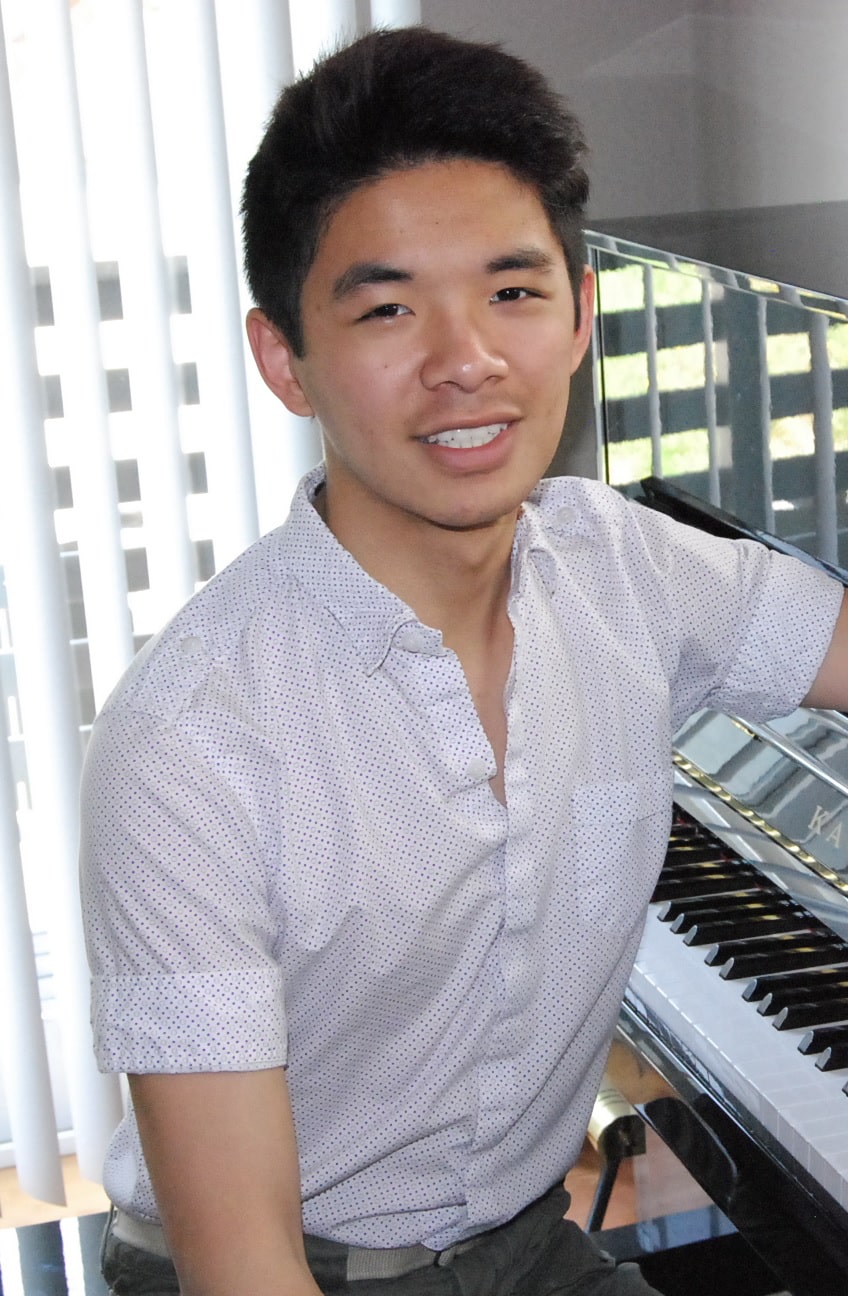
My musical journey started out like many other people. Starting with piano lessons at age five, I was signed up by my parents to participate in recitals and competitions that I had little interest in. As a child, I was technically good at playing piano, but there was only superficial feeling. When I reached the age where I had my identity conflict, however, this began to change. I no longer had to think about the rules of music and rhythm; my own personal feelings manifested themselves into my piano pieces. I put the meaning into the music instead of the music presenting its own meaning. I did not need words to express my problems, and it was as if I discovered a new kind of freedom to be used whenever I needed it. I only wish that I had been exposed to the power of music earlier.
When I first learned about the field of music therapy, I was ecstatic. The psychological power of music is amazing, and I knew it from experience. Here was an entire field full of dedicated, competent people who use music as a medium to help others come to peace with or improve aspects of themselves, and I could one day join their ranks because I knew I had an affinity for music. Now, pursuing my BA in music therapy, I have a chance to maximize this, but also reach out to people who need music like I did. I am humbled at the thought that someday I will have the skills—that I am acquiring through school—that can be used to help those who need healing.
We are proud to announce Riley Kua is one of the current DiversityJobs Scholarship finalists. Vote for his essay (Facebook ‘Like’ and other social media sharing options in left column), click the ‘star’ just above comments section below, and/or leave comments of support to help us with the selection process.

